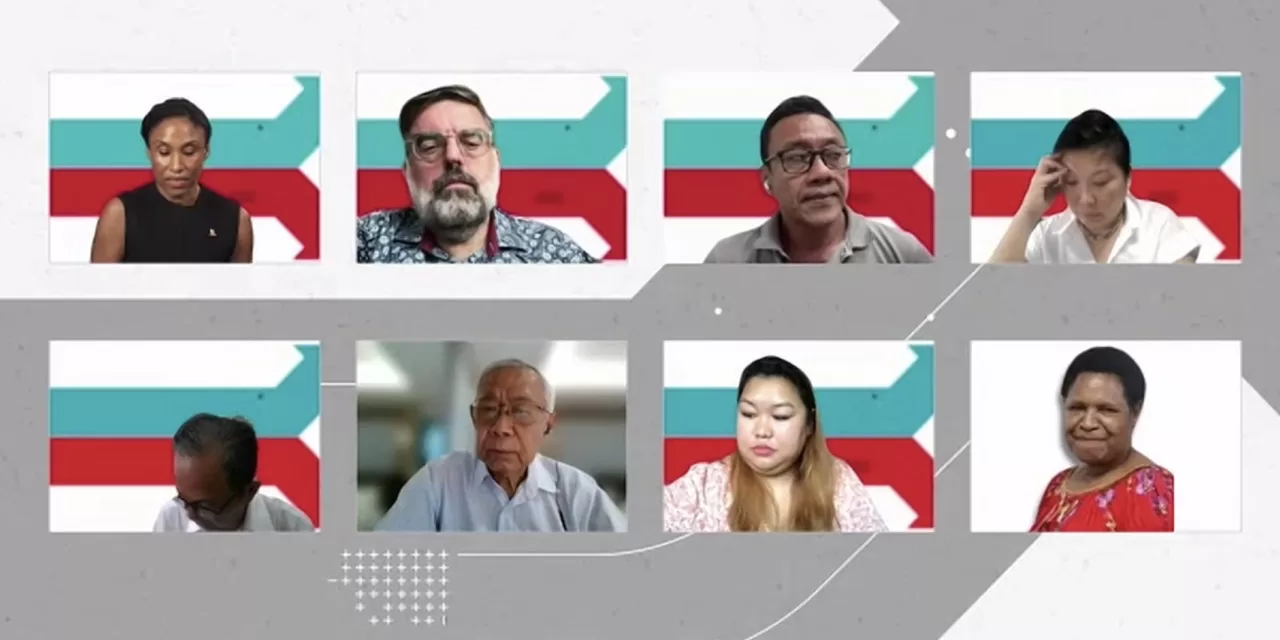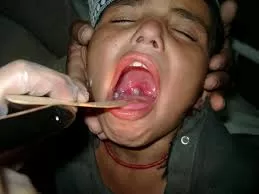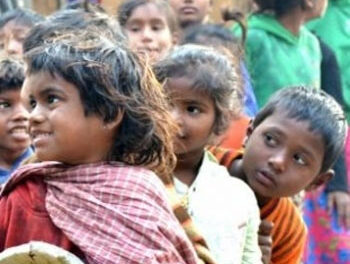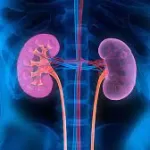August 11, 2024
At a pivotal moment in the fight against AIDS, experts are calling for a critical reassessment of strategies to curb the epidemic. With 6.7 million people living with HIV in the Asia Pacific region, the latest figures reveal a troubling persistence of new infections and AIDS-related deaths. Despite significant progress, 300,000 new HIV cases and 150,000 AIDS-related deaths occur annually, emphasizing that even one death is too many when effective prevention and treatment tools are available.
Harry Prabowo from the Asia Pacific Network of People Living with HIV (APN Plus) and Seven Alliance highlighted the urgency of the situation. “We are at a critical juncture in our response to end AIDS,” he stated. The science-based concept of #UequalsU (undetectable equals untransmittable) underscores that effective antiretroviral therapy not only extends lives but also eliminates the risk of HIV transmission.
Recent data presented at the 25th International AIDS Conference (AIDS 2024) by UNAIDS indicates that most HIV transmissions occur among individuals unaware of their status, or those who are either not on treatment or not achieving viral suppression. In 2023, the Asia Pacific region saw a 13% decrease in new HIV infections and a 51% reduction in AIDS-related deaths compared to 2010, but the battle is far from over.
Certain countries are witnessing alarming increases in new infections. Bangladesh, Afghanistan, Fiji, Lao PDR, Papua New Guinea, and the Philippines are experiencing rapid epidemic growth, with antiretroviral therapy coverage remaining below 50% in many of these nations. Notably, Indonesia, India, and Papua New Guinea report high rates of vertical HIV transmission.
Key populations, including gay men, sex workers, people who inject drugs, and transgender individuals, face substantial barriers to accessing HIV services. UNAIDS data shows a 32% rise in new infections among these groups from 2010 to 2023. Harry Prabowo stresses the importance of scaling up successful key population-led health services that have demonstrated effectiveness in delivering care with dignity and human rights at their core.
Thailand serves as a model of successful policy implementation. Professor Praphan Phanuphak, a pioneer in HIV research and policy advocacy, credited Thailand’s achievements to several key policies. These include the elimination of vertical transmission of HIV and syphilis by 2016, annual free HIV testing for all, and the availability of free antiretroviral therapy and pre-exposure prophylaxis (PrEP). However, Dr. Phanuphak notes that political commitment is essential for sustaining and expanding these efforts.
In Nepal, community-led responses have significantly reduced new HIV infections by 79% since 2010. Sara Thapa Magar from the National Federation of Women Living with HIV and AIDS (NFWLHA) attributes this success to comprehensive community-driven interventions, including universal HIV testing for pregnant women and widespread rollout of PrEP.
Papua New Guinea faces a troubling rise in new HIV infections, with a more than 100% increase since 2010. Cathy Ketepa from the Key Population Advocacy Consortium advocates for a community-led approach to expand access to HIV prevention and treatment services, emphasizing the need to prioritize public health over criminalization.
Funding remains a critical challenge, with a 64% resource gap threatening the achievement of 2025 HIV targets. Harry Prabowo calls for increased investment in community-led initiatives and the empowerment of affected populations to lead the HIV response.
Cecilia Oh, UNDP Global Programme Advisor, stresses the interconnectedness of HIV response with human rights and broader Sustainable Development Goals (SDGs). The impact of COVID-19 and other disruptions highlights the need for new development approaches that address disparities and ensure robust funding for HIV responses.
Cambodia also demonstrates progress with its social protection initiatives for people living with HIV and a strategic plan to sustain its HIV response. Tia Phalla from the National AIDS Authority of Cambodia acknowledges the need for additional funding for prevention efforts to continue this positive trend.
As the world navigates this critical juncture, the expansion of key population-led services and sustained commitment from governments and communities alike will be essential in making meaningful strides towards ending AIDS.
Bobby Ramakant – CNS (Citizen News Service)











